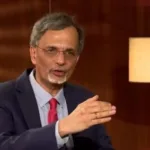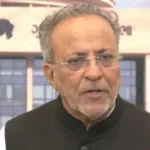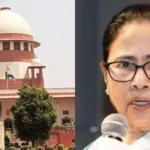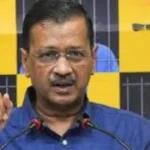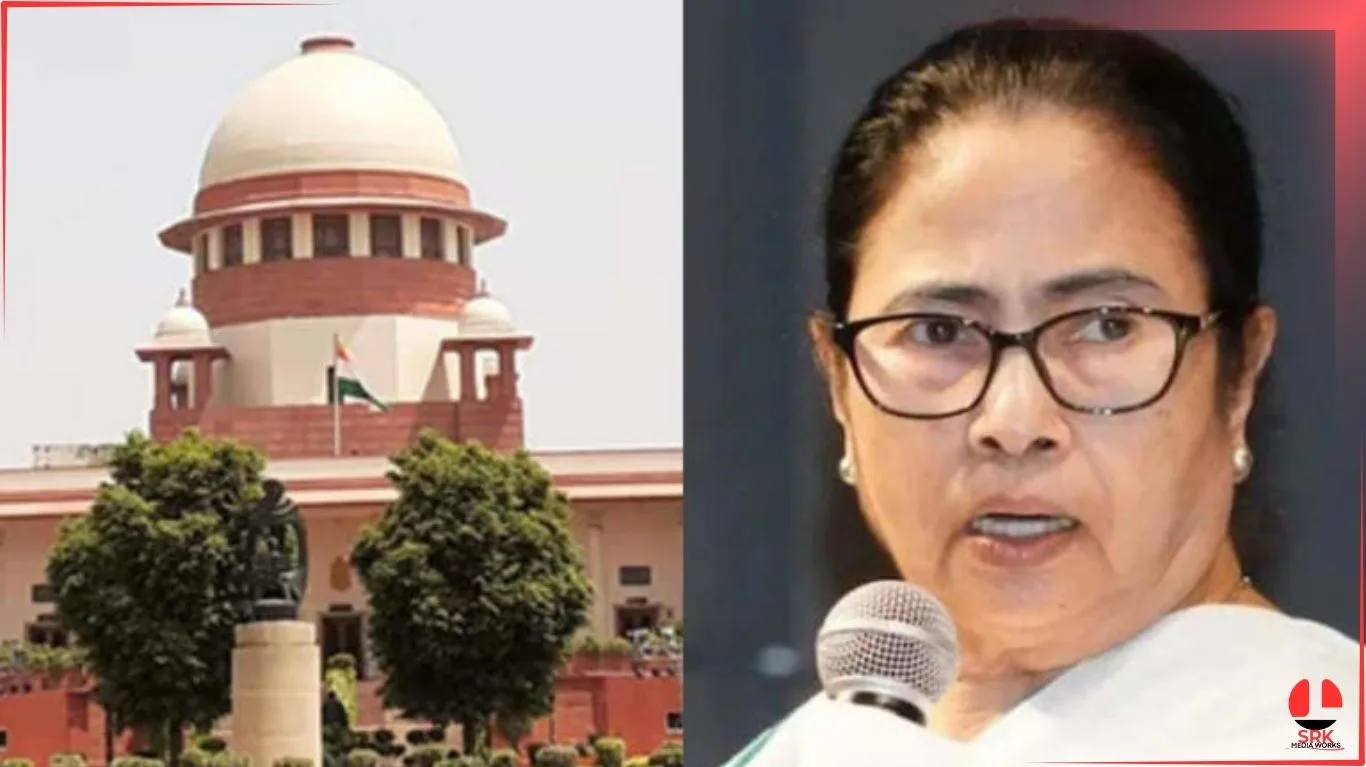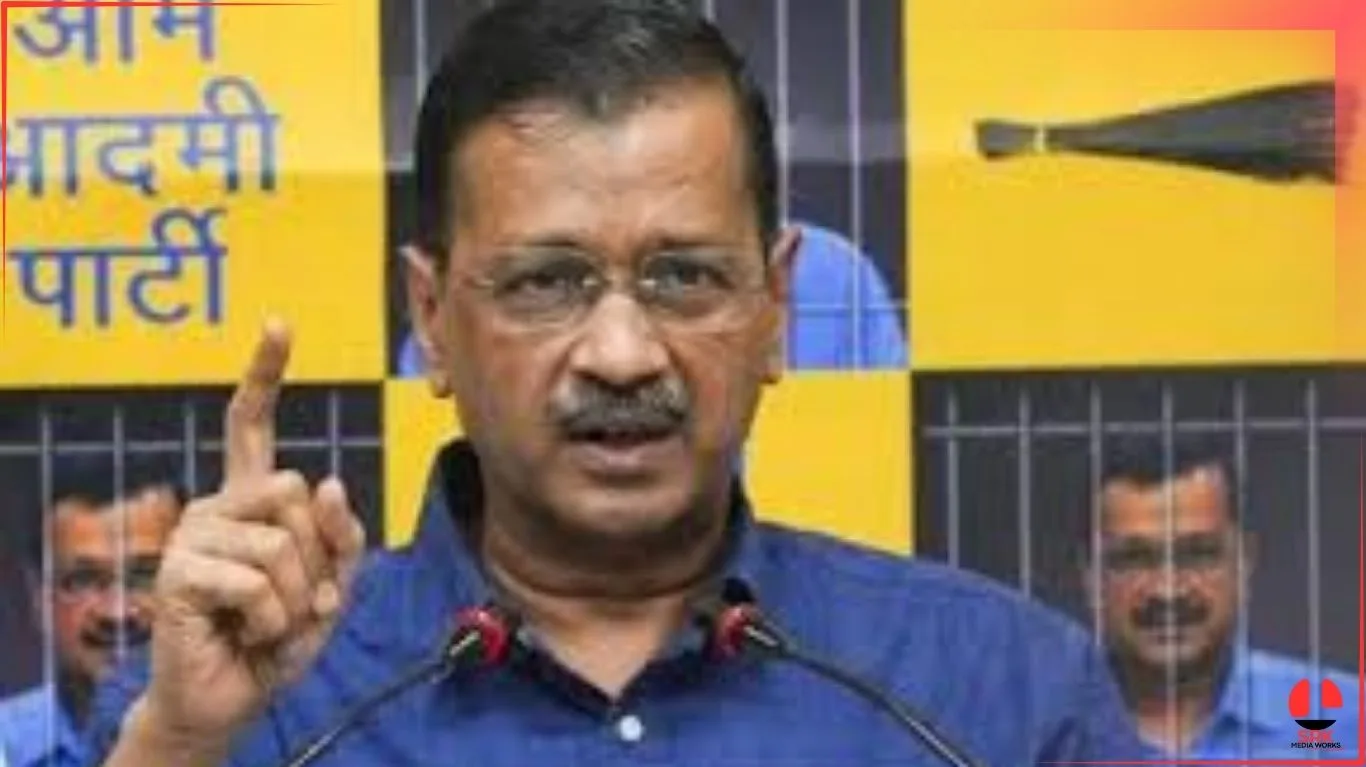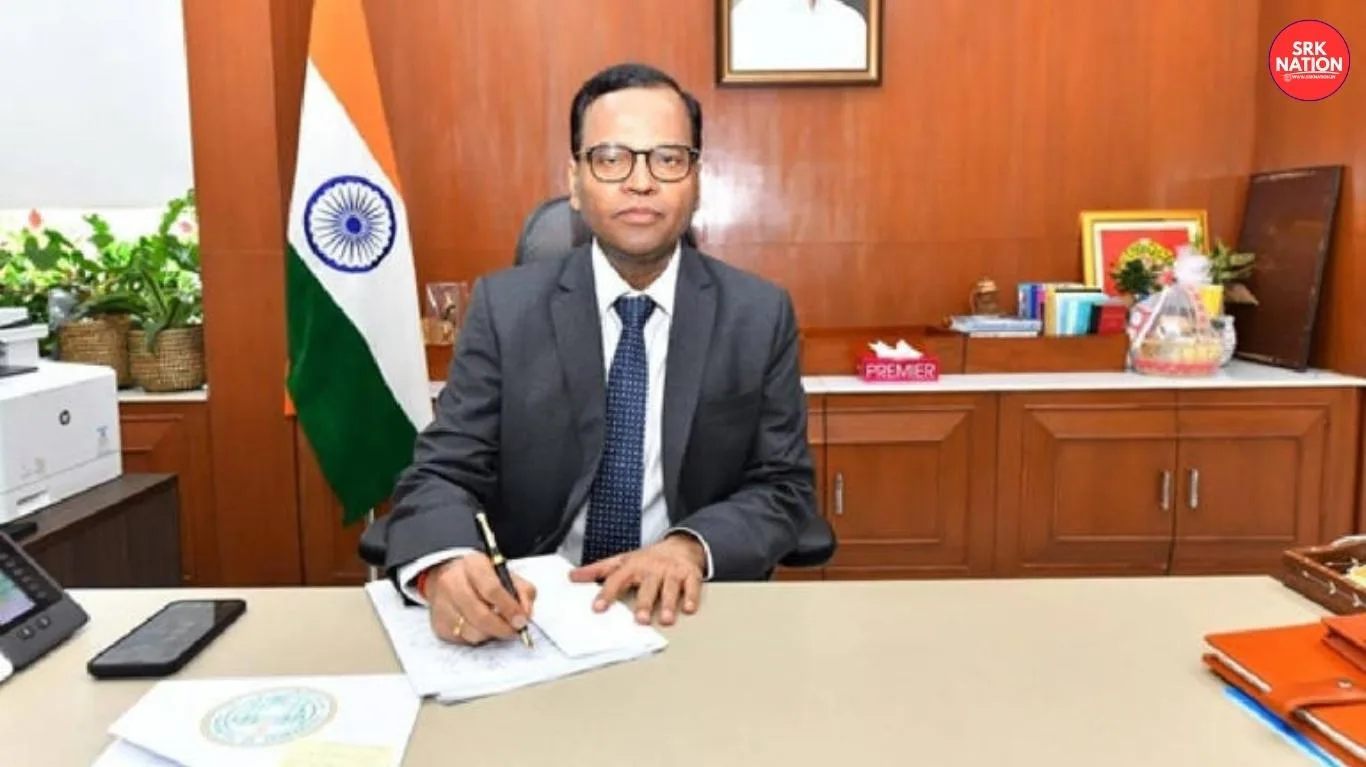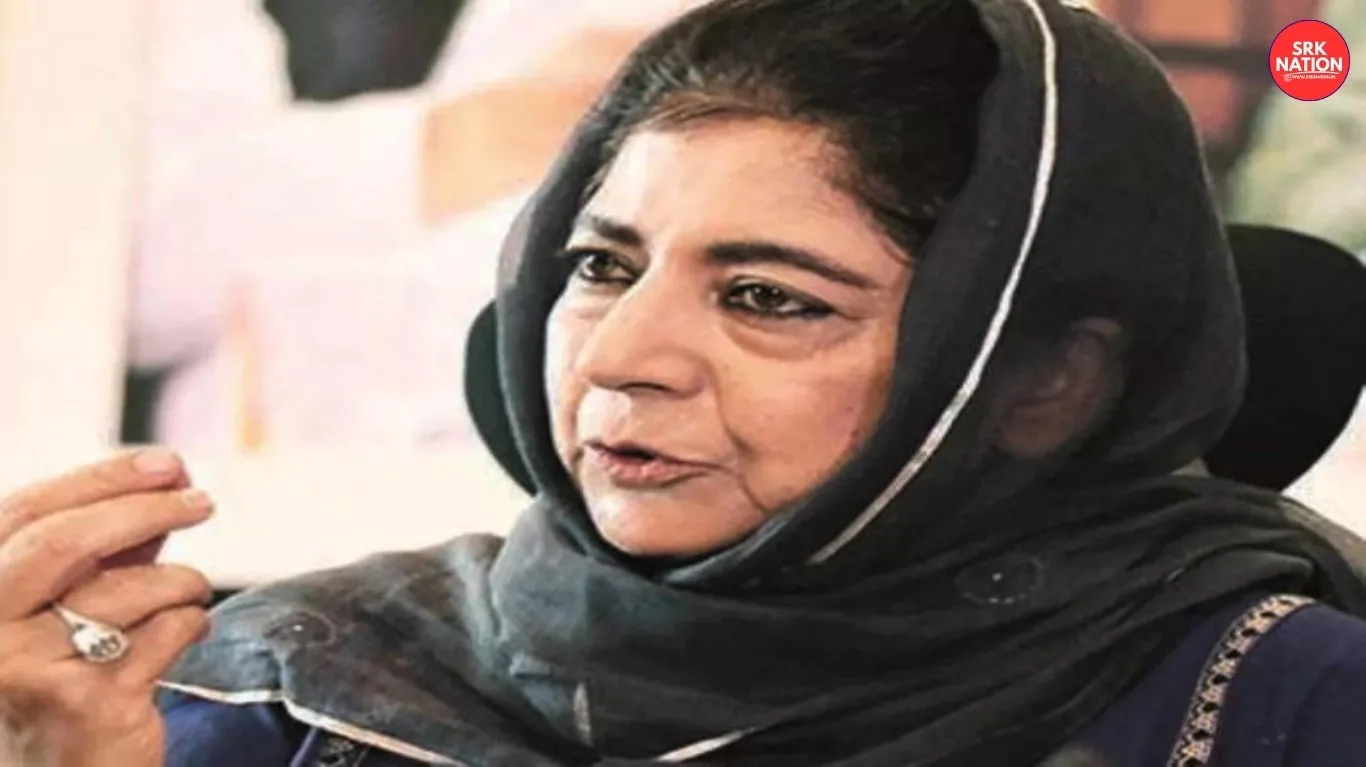In a dramatic political twist, Samajwadi Party (SP) chief Akhilesh Yadav has produced receipts to claim that he indeed filed the affidavit in question, countering the Election Commission’s assertion of non-compliance. The move has sparked intense political debate, with Yadav accusing the poll body of selectively targeting opposition leaders while ignoring procedural lapses elsewhere. His revelation comes at a time when opposition unity against the ruling dispensation is already facing pressure from electoral disputes and legal notices.
The Controversy at a Glance
The Election Commission of India (ECI) had earlier issued notices to Akhilesh Yadav, questioning the absence of an affidavit that was mandated under electoral guidelines. According to the poll body, the SP leader allegedly failed to submit required details linked to campaign expenses and declarations.
However, Akhilesh Yadav addressed the issue head-on by releasing acknowledged receipts, which he claims are official proof that his affidavit was indeed submitted well within the stipulated deadline.
Akhilesh Yadav’s Counterclaim
Speaking at a press briefing, Yadav declared:
- He has documentary evidence in the form of receipts that validate his compliance with the law.
- The affidavit was filed on time, and the ECI’s claim of non-compliance is “baseless and politically motivated.”
- He suggested that the controversy was designed to malign the Samajwadi Party’s image ahead of upcoming elections.
Yadav also questioned the transparency and accountability of the Election Commission, asking why discrepancies in affidavits of certain leaders from the ruling party were overlooked.
The Political Backdrop
This affidavit controversy is unfolding at a time when political narratives in Uttar Pradesh and across India are becoming increasingly polarized. The Samajwadi Party, which has been actively working to build opposition unity, views the notice from the poll body as an attempt to derail its campaign momentum.
Meanwhile, the ruling party has maintained that institutions like the ECI are impartial and are merely following the law.
Receipts as Evidence: A Turning Point?
By presenting receipts, Akhilesh Yadav has effectively shifted the burden of proof back onto the poll body. The documents—stamped and dated—are being circulated widely on social media by SP leaders and supporters as “irrefutable evidence.”
If these receipts are verified as authentic, the controversy may put the ECI in a difficult position, forcing it to clarify how an acknowledged affidavit was allegedly not processed correctly.
Timeline of the Controversy
| Date | Event Description |
|---|---|
| Early August | ECI issues notice to Akhilesh Yadav regarding affidavit non-compliance. |
| Following Week | Yadav challenges the notice, alleging bias and targeting of opposition. |
| Recent Days | SP chief releases receipts to the media, showing affidavit was filed on time. |
| Ongoing | ECI yet to issue a detailed clarification on receipt validity. |
Reactions from Political Circles
- Samajwadi Party Leaders: They hailed Yadav’s move as proof of “clean politics” and accused the poll body of deliberate misinformation.
- Ruling Party Figures: Some BJP leaders dismissed Yadav’s claims, suggesting that presenting receipts does not automatically prove compliance unless cross-verified by the Election Commission.
- Political Analysts: Many analysts believe this episode highlights the growing friction between political parties and institutions meant to safeguard democratic processes.
Public Sentiment and Media Coverage
The issue has become a media flashpoint, with debates on whether election institutions are being weaponized for political gains. On social media, hashtags in support of Akhilesh Yadav are trending, as supporters share images of the receipts he presented. Others, however, remain skeptical, arguing that documentation needs to be validated through independent verification.
Institutional Integrity Under Spotlight
The Election Commission, long regarded as one of India’s most trusted constitutional bodies, has in recent years faced questions over impartiality. This latest controversy further amplifies those concerns. For many voters, the episode is not just about Akhilesh Yadav but about whether institutions are functioning without bias.
What Happens Next?
The Election Commission will likely examine the receipts Yadav has made public. Possible scenarios include:
- ECI Acknowledges Error: If the receipts are validated, the Commission may have to admit a procedural lapse.
- Further Investigation: The Commission could probe whether the affidavit was incomplete or improperly filed despite receipt issuance.
- Legal Challenge: The issue may escalate into a legal battle if the SP decides to move court against the notice.
Comparative Case Studies: Affidavit Controversies in Indian Politics
This is not the first time affidavit-related controversies have rocked Indian politics.
| Politician | Year | Issue | Outcome |
|---|---|---|---|
| Lalu Prasad Yadav | 2010 | Alleged misreporting of assets in affidavit | Case referred to vigilance authorities |
| Jayalalithaa | 2001 | Omission in affidavit about assets | Led to political uproar but she later returned to power |
| Rahul Gandhi | 2025 | Asked to submit affidavit over “vote chori” claim | Deadline given by ECI, case ongoing |
This indicates that affidavit-related disputes are a recurring theme in India’s electoral landscape, often resulting in both legal consequences and political drama.
Broader Implications for 2025 Elections
With general and state elections approaching, such disputes gain disproportionate importance. They not only affect the credibility of individual leaders but also shape the larger narrative of fairness in the electoral process.
For Akhilesh Yadav, clearing his name is crucial not just for personal credibility but also for mobilizing SP’s voter base, which often views him as a victim of establishment bias.
Conclusion
The battle between Akhilesh Yadav and the Election Commission over affidavit compliance is far from over. By producing receipts, Yadav has attempted to reclaim the narrative, but the onus is now on the poll body to clarify its position. This episode is not just about procedural paperwork but also about the trustworthiness of India’s democratic institutions.
As the issue unfolds, the nation watches closely—because what is at stake is not merely the reputation of a political leader, but the very integrity of the electoral system.
Disclaimer: This article is a political news analysis based on recent developments, party statements, and institutional responses. It is intended for informational and journalistic purposes only, and not for legal or political advocacy.

